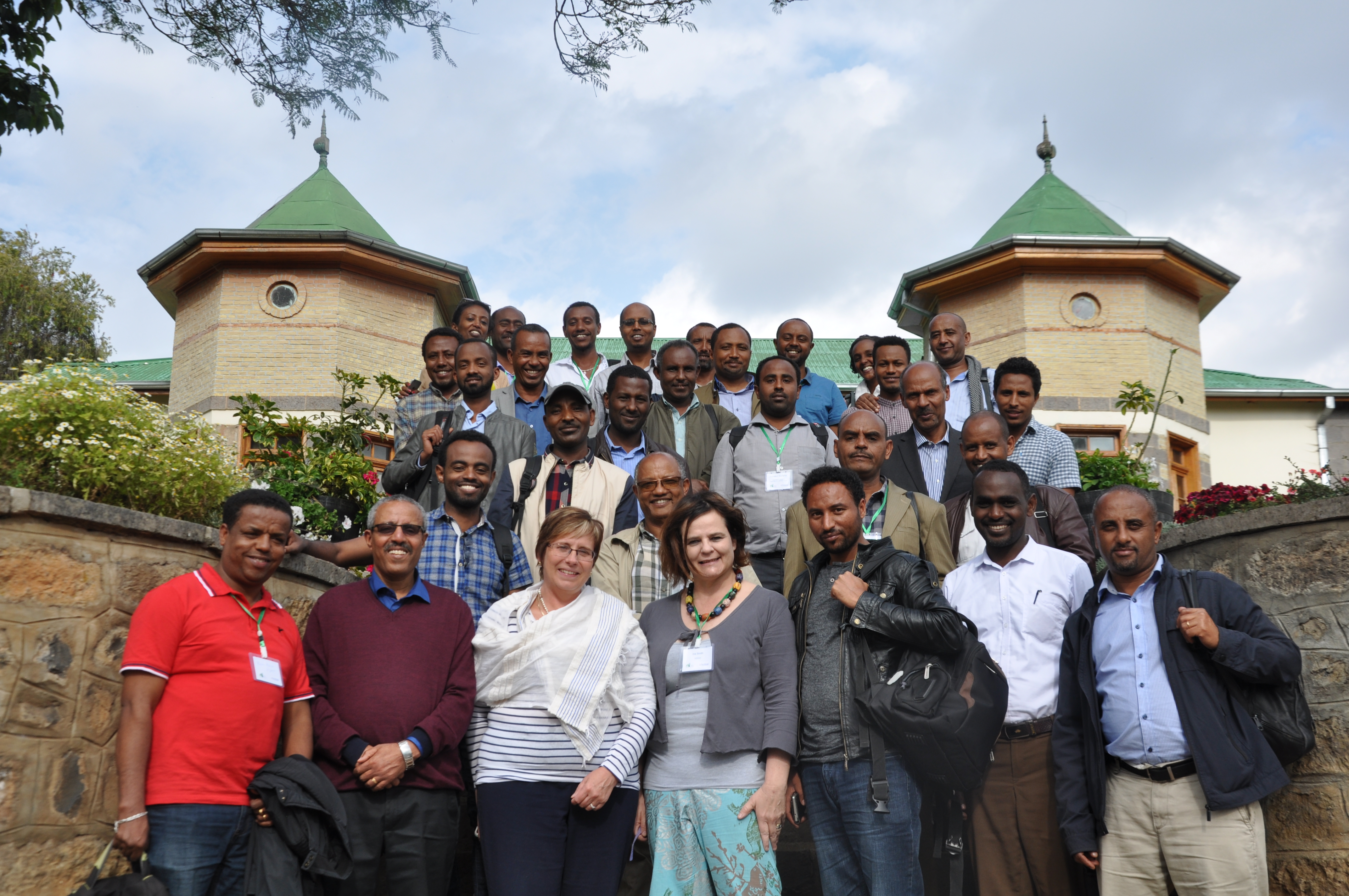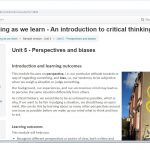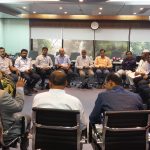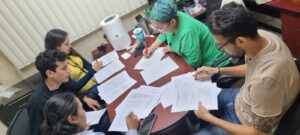
What is needed for an equitable research system in Ethiopia
A dialogue event in Ethiopia next week will bring together members of national research institutions, policy institutions and government within Ethiopia to explore approaches to enable an equitable research system in the country.
The event, which will take place on 22-24 November, is co-hosted and developed by the Ethiopian Academy of Sciences (EAS) and INASP. It complements and builds on themes from the biennial EAS Congress. The third – and most recent – EAS Congress, which was held in 2017, focused on harnessing Ethiopia’s youth potential for sustainable development and addressing gender inequities.
In next week’s event, Days 1 and 2 (22-23 November) will tackle important questions to determine how the Ethiopian national research systems can nurture a wider pool of research talent and foster an inclusive knowledge ecosystem to help achieve national development priorities.
The event considers four specific areas of inequity:
- Inequities in the national research system: How are resources allocated between researchers and institutions within Ethiopia? Who shapes the national agenda and who can contribute? Is there an imbalance between basic and applied research?
- Inequities in international collaboration: How can North/South research collaborations be more equitable and impactful for Ethiopian development? How can Ethiopian research be more internationally visible?
- Inequities and capacity in research outputs: Who defines standards in research publishing? Where and how should Ethiopian researchers publish their research? Do researchers have the capacity to influence policy?
- Gender inequity within research: What accounts for the lack of representation of women in research at all levels and what must we do about this?
The event aims to define a shared vision for an equitable national research system and develop a plan of action to achieve the realisation of this vision nationally. A communique of high-level recommendations will be shared publicly.
Following the main dialogue event, on 24 November there will be a satellite event for those who want to commit to systemically learning how to address the issue of gender parity within HE and research. The aim of this third day will be to establish a national gender learning alliance to focus attention on gender inequities in research and HE as a priority and to grow the impetus for change.
The Ethiopia dialogue event follows similar events in Uganda and Bangladesh over recent weeks.

 Previous Post
Previous Post Next Post
Next Post


